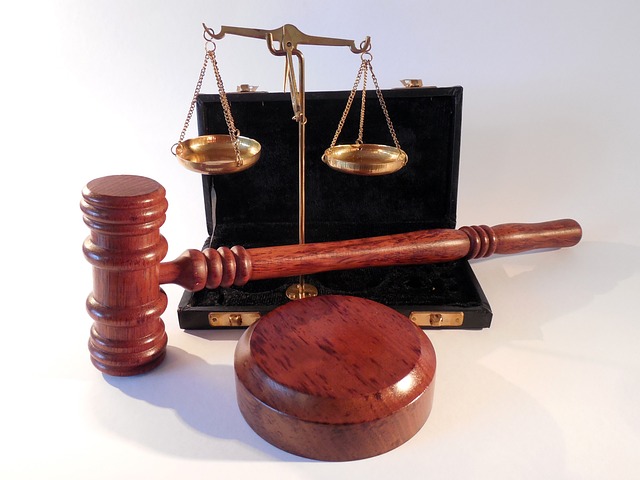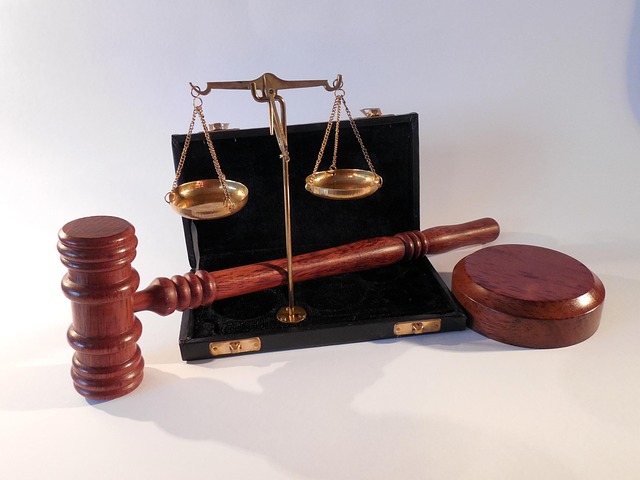Public corruption charges stem from unethical public official behavior like bribery and misuse of funds, eroding public trust. High-stakes property boundary disputes, prone to corrupt practices, require specialized white-collar defense legal advice to navigate complex regulations, protect rights, and achieve favorable outcomes by understanding the intricate legalities surrounding these disputes.
“Public Corruption Charges: Navigating a Complex Web of Legalities and Rights
This comprehensive guide delves into the intricate world of public corruption, focusing on property boundary disputes as common ground for corrupt practices. Understanding these charges, their legal definition, and the rights of accused individuals is paramount. With legal advice serving as a crucial compass, we explore how property and boundary issues can ensnare even the most scrupulous. Prepare to unravel the complexities, from defining corruption to navigating defenses, all while gaining insight into the importance of legal counsel.”
- Understanding Public Corruption Charges: Legal Definition
- Property Disputes: A Common Ground for Corrupt Practices
- Boundary Issues: When Legal Advice is Crucial
- Navigating Charges: Rights and Defenses of Accused Individuals
Understanding Public Corruption Charges: Legal Definition
Public Corruption Charges refer to allegations of illegal or unethical behavior by individuals in positions of public trust, such as government officials, who abuse their power for personal gain. This includes acts like soliciting or accepting bribes, misusing public funds, and engaging in conflicts of interest. These charges are taken seriously due to their potential to erode public trust and destabilize democratic institutions.
The legal definition of public corruption involves a complex interplay of statutes and case law. Generally, it requires proof of an official act or decision influenced by improper incentives, such as money, gifts, or favors. In high-stakes cases like property boundary disputes where powerful interests are involved, seeking legal advice from experienced attorneys specializing in white collar defense is crucial. These experts can navigate the intricate web of regulations and help ensure that rights are protected while providing strategic guidance for navigating complex and sensitive situations within the philanthropic and political communities.
Property Disputes: A Common Ground for Corrupt Practices
Property boundary disputes often serve as fertile ground for corrupt practices due to the high stakes involved. When valuable assets and land are at the center of disagreements, individuals or entities may resort to unethical means to gain an advantage. This includes tampering with legal documents, providing false testimony, or offering bribes to influence the outcome of the dispute. In many cases, those accused of these acts might find themselves facing public corruption charges, which can have severe consequences for their respective businesses and reputations.
Seeking legal advice is crucial for anyone entangled in such disputes. An experienced attorney can help navigate the complex web of property laws and regulations, ensuring that all parties involved are treated fairly. With the right guidance, it’s possible to achieve a complete dismissal of all charges or build a compelling challenging defense verdict. This not only protects against unjust accusations but also emphasizes the importance of integrity in legal proceedings related to property boundary disputes.
Boundary Issues: When Legal Advice is Crucial
When it comes to public corruption charges, understanding property boundary disputes is a critical component in navigating legal complexities. In cases where officials or individuals face accusations, knowing the precise boundaries of their official duties and responsibilities can be pivotal for their defense. Legal advice plays an indispensable role here, guiding them through intricate legal frameworks that govern public conduct and property rights.
Seeking expert counsel ensures that accused parties receive a robust defense tailored to their specific circumstances. Skilled attorneys can help unravel complex issues, ensuring their clients’ rights are protected. This is especially crucial in achieving extraordinary results or winning challenging defense verdicts, as it allows for a comprehensive understanding of the legal landscape surrounding property boundary disputes and their implications in public corruption cases.
Navigating Charges: Rights and Defenses of Accused Individuals
When facing public corruption charges, individuals must navigate a complex legal landscape to understand their rights and options. The first step is to secure qualified legal counsel experienced in handling such cases, as property boundary disputes can often be at the heart of corruption investigations. A skilled attorney can provide crucial guidance on defenses available, including challenging the admissibility of evidence and questioning procedural irregularities.
Understanding one’s rights is essential, particularly when dealing with corporate and individual clients. The goal for accused parties isn’t just to avoid indictment but to mount a winning challenging defense verdict. This involves thoroughly reviewing the allegations, gathering exculpatory evidence, and presenting a robust legal strategy that protects constitutional rights and mitigates potential penalties.
Public corruption charges, often rooted in property boundary disputes, underscore the importance of robust legal advice. Understanding these charges and the rights of accused individuals is paramount. Whether it’s deciphering complex legal definitions or navigating the intricacies of property and boundary issues, professional guidance can make all the difference. By knowing their defenses, those facing these allegations can ensure a fair process and potentially mitigate the outcomes of what may be intricate and challenging cases involving land disputes and corruption.






